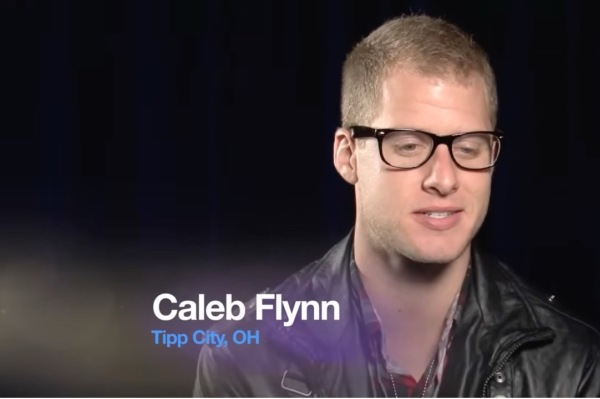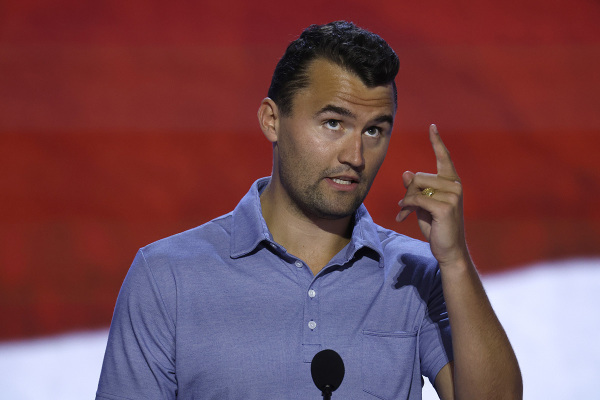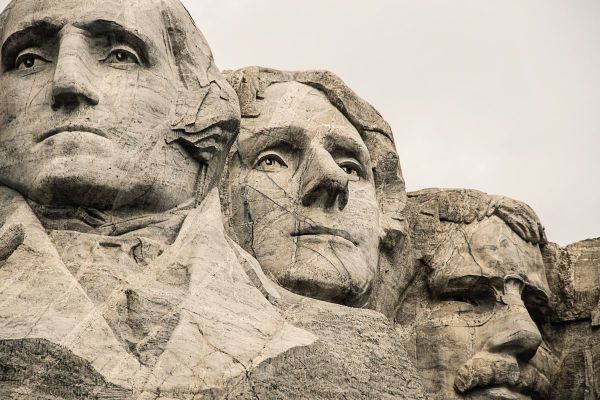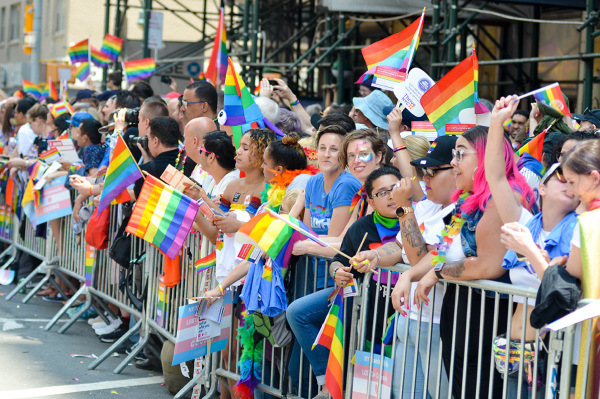Georgia school district urged to protect students' prayers at football games
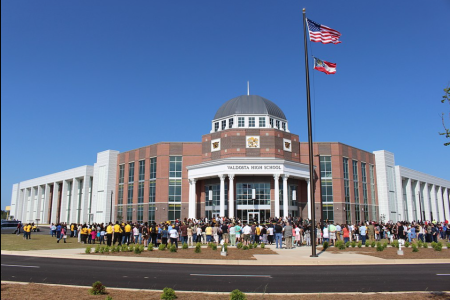
A Georgia school district is being urged to protect its students’ rights to religious expression after an atheist group filed a complaint over student-led prayers at its high school football games.
First Liberty Institute Special Counsel Jeremy Dys has called on Valdosta City Schools to “provide a clear policy that allows students to have an opportunity to say whatever they’d like to say ahead of their games.”
The legal firm, which exclusively defends religious liberty, recently sent a letter to William Cason, superintendent of Valdosta City Schools, explaining “the relevant law concerning such student religious expression” and recommending the adoption of “a model policy fully protecting student religious expression for Valdosta City Schools students.”
Dys explained to CP that a “Model Policy Governing Voluntary Religious Expression in Public Schools,” based on The Texas Student Religious Viewpoint Act, makes it the responsibility of every school official “to maximize the student religious liberty on campus and that includes the expressions of their religious viewpoints.” He mentioned that The Texas Student Religious Viewpoint Act, passed in 2007, has “never been challenged because … it really can’t be.”
Earlier this month on Oct. 14, the Freedom from Religion Foundation, an atheist group that advocates for the strict separation of church and state, sent a letter to Valdosta City Schools on behalf of a “concerned local resident” who complained that Valdosta High School began its Oct. 9 football game with a student-led prayer.
“It is illegal for a public school to sponsor religious messages at school athletic events,” FFRF staff attorney Christopher Line wrote.
FFRF cited several Supreme Court cases, including Lee v. Weisman, which ruled that prayers at public school graduations were “an impermissible establishment of religion,” and Engel v. Vitale, which found school prayer unconstitutional.
Describing it as “inappropriate and unconstitutional,” FFRF contended that Valdosta City Schools was “endorsing these prayers by allotting time for them at the start of games” and “providing the prayer-giver with the public address system needed to impose these prayers on all students and community members at games.”
FFRF urged the district to “take immediate action to end the practice of scheduling prayer at school-sponsored events and end the use of District equipment to project prayers to the public” and to inform the organization of “the steps the District is taking to remedy this serious violation of the First Amendment.”
In defense of students who want to pray, First Liberty Institute pointed to precedent from the 1999 case Chandler v. James, where the 11th Circuit Court of Appeals found that “student-initiated religious speech contemplated by statute is consistent with the protections afforded under the First Amendment to the U.S. Constitution.”
“The principles articulated in Chandler I are clear: while the state of Georgia cannot command religious speech, it also may not prohibit students from expressing a religious viewpoint on public school property,” Dys wrote in his letter.
Judge James C. Hill explained in the Chandler decision, “The Constitution does not require a complete separation of church and state such that religious expression may not be tolerated in our public institutions. The Constitution mandates toleration of such religious speech, forbidding any sense of hostility by school administrators toward the religious viewpoints expressed by their students.”
Both the FFRF and First Liberty letters referenced the 2000 Supreme Court case Santa Fe Independent School District v. Doe. In that case, the court ruled, “The District’s policy permitting student-led, student-initiated prayer at football games violates the Establishment Clause.”
The FFRF argued that the Santa Fe decision is evidence that “the Supreme Court has specifically struck down invocations given over the loudspeaker at public school athletic events, even when student-led.”
However, First Liberty Institute sees a distinction between the situation in the Santa Fe Independent School District and what happened at Valdosta High School, specifically that the pre-football game prayers “purported to be neutral but pressured students to give public prayers such that the prayers could not actually be characterized as student initiated.”
Shortly after the 2000 Supreme Court decision, the 11th Circuit heard the Chandler case again and reached a similar conclusion. “So long as the prayer is genuinely student-initiated, and not the product of any school policy which actively or surreptitiously encourages it, the speech is private and it is protected,” the court concluded.
Dys said of Valdosta City Schools, “The Constitution is clearly on their side to protect and preserve the religious liberty of its students.”
The model policy Dys recommended the adoption of advises school districts to treat “a student’s voluntary expression of a religious viewpoint, if any, on an otherwise permissible subject in the same manner the district treats a student’s voluntary expression of a secular or other viewpoint on an otherwise permissible subject and may not discriminate against the student based on a religious viewpoint expressed by the student on an otherwise permissible subject.”
In order to accommodate the Santa Fe Independent School District ruling, the policy requires the inclusion of a disclaimer in graduation programs stressing that for all students who speak at graduation ceremonies, “the content of each student speaker’s message is the private expression of the individual student and does not reflect any position or expression of the school district or the board of trustees, or the district’s administration, or employees of the district, or the views of any other graduate.”
The policy also advises school districts to allow students to express their religious beliefs in “homework, artwork, and other written and oral assignments free from discrimination based on the religious content of the students’ submission.” Additionally, the guidance permits students to establish prayer groups and religious clubs.










